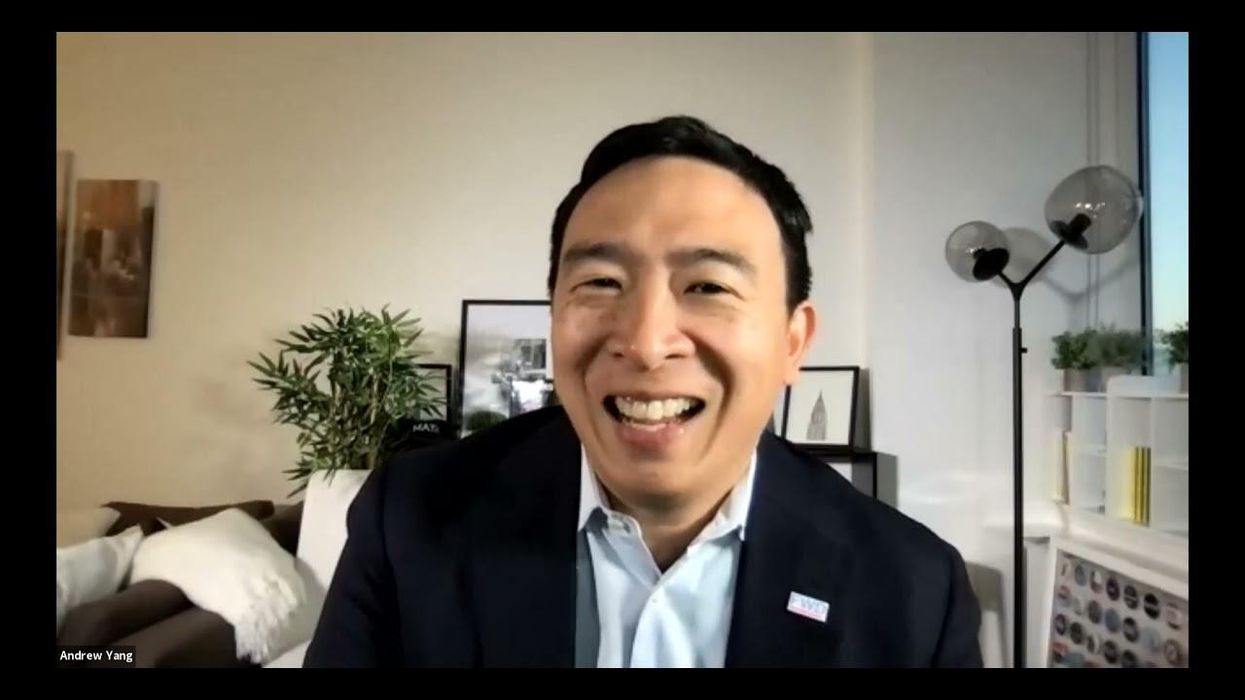Andrew Yang and Charlie Dent agree that something needs to change when it comes to America's political parties and its two-party system, but have different ideas about what that change should be. They discuss those ideas in a conversation moderated by McCourtney Institute for Democracy Communications Specialist Jenna Spinelle.
Charlie Dent is the McCourtney Institute for Democracy’s fall 2021 visiting fellow and spent seven terms in Congress representing Pennsylvania’s Lehigh Valley. Andrew Yang ran for president in 2020 and mayor of New York City earlier this year. Most recently, he founded the Forward Party, a movement that brings together people interested in solving America’s problems, debating ideas in good faith, and advocating for policies like open primaries and ranked-choice voting.




















Trump & Hegseth gave Mark Kelly a huge 2028 gift